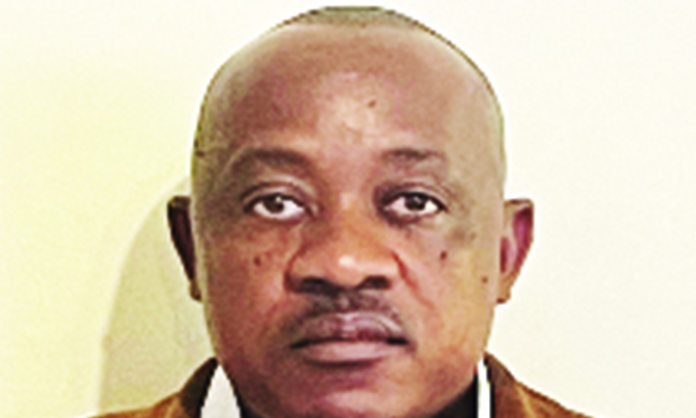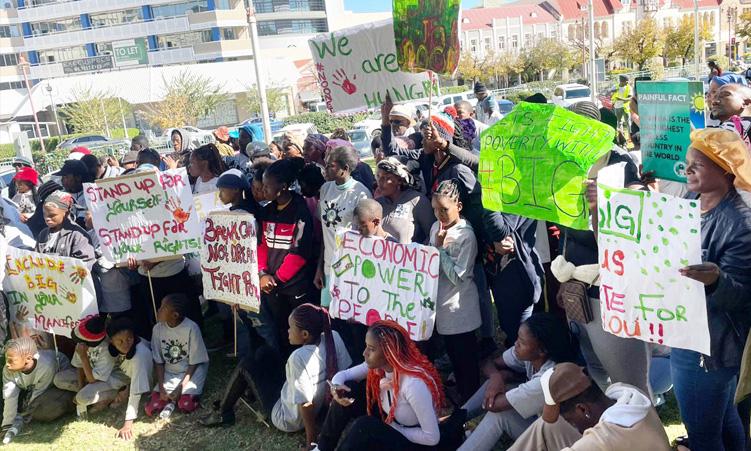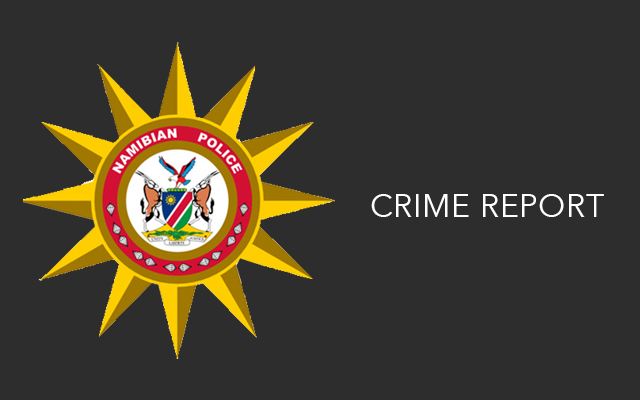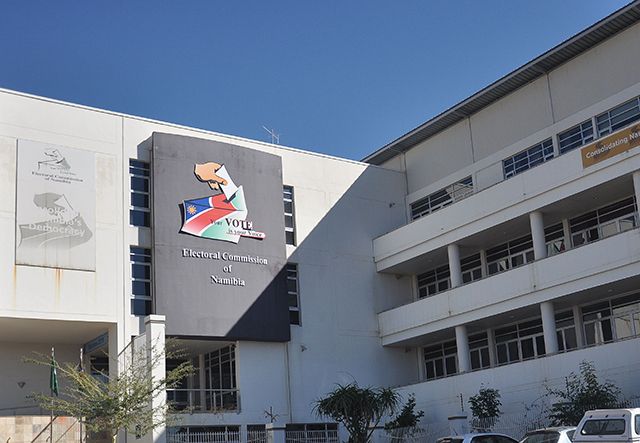As Namibia prepares to mark 34 years of independence on 21 March, the country is also preparing to hold its seventh Presidential and National Assembly elections in November.
Absent from the current debate of what constitutes a better government than the one we currently have is the political and economic system that Namibia should follow in order to transform the country from a developing country into a developed country.
Namibia is governed by a socialist movement, Swapo, using a failed Soviet Union style of governance within a capitalist Constitution.
The failed Soviet Union style promotes centralised economic planning.
As co-founders of a soon-to-be established capitalist political party, we are here to argue for a more capitalist-oriented political and economic system as a viable alternative to the socialist governance system we currently have.

OPPORTUNITIES
Capitalism is viewed as an exploitative system that thrives on the exploitation of the working class by demanding maximum output and with minimal wages.
Given Namibia’s high unemployment rate and the abundance of labour, capitalism becomes a scapegoat when workers complain about low salaries. However, this is not entirely true.
Unlike socialism, capitalism thrives on innovation and creates more opportunities in the market place which results in economic growth which, in turn, has multiple knock-on effects.
When governments open doors of opportunity and possibilities, entrepreneurs thrive and compete, leading to more innovation and economic competitiveness.
One example is the emergence of taxi hailing services in Namibia (similar to Uber).
Traditional taxis have their pros and cons.
For example, commuters who don’t have personal transport in the form of a private vehicle have to flag down a taxi in town which generally needs to be full before it drops you off at your destination.
On the other hand, their fares are regarded as relatively affordable.
With the emergence of taxi hailing services, customers now have a choice, to pay more for a service tailored to their needs or to take a traditional taxi.
This is a result of capitalistic thinking where business people are allowed to innovate.
In a socialist economy, politically connected individuals would be able to exert their influence on the powers that be through lobbying to have taxi hailing services strong-armed out of the market in favour of traditional taxis, which often fail to innovate and improve services for their end consumers.
SOCIAL SERVICES
The current government provides for social services such as healthcare and education and as a result these services are the most underperforming in the country.
“In 2023, the education ministry received N$16,2 billion from the national budget which constitutes 22.5% of the total national budget”, New Era of 22 December 2023 reported.
Despite such generous provision “at least 75% of candidates who sat for the ordinary level Grade 11 national examinations in 2023 did not qualify to proceed with tertiary education or to Grade 12”, The Namibian of 11 January 2024 reported.
The hospitals in the country are also a major concern and are experiencing an exodus of medical practitioners (some who were even sponsored by the government for their studies) to the private sector for better compensation and a better work environment.
These are among examples of why we, as a capitalist political party, believe a capitalist-oriented economy is better than a socialist-oriented one, not only in principle, but in practice as well!
As we prepare for elections in November, Namibians should debate the type of political and economic system that will transform Namibia from a developing to a developed country.
- Penda Negonga is an electrical engineer by training, businessman, and co-founder of the soon to be established capitalist political party that intends to transform Namibia into a First World country.
- Angeline Shilima is a teacher by training and co-founder of the soon to be established capitalist political party; nappaparty@gmail.com
Stay informed with The Namibian – your source for credible journalism. Get in-depth reporting and opinions for
only N$85 a month. Invest in journalism, invest in democracy –
Subscribe Now!






